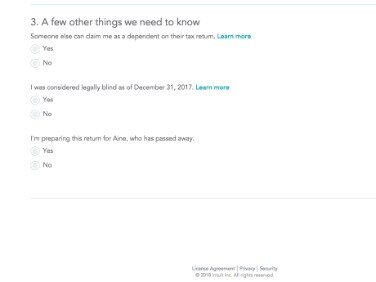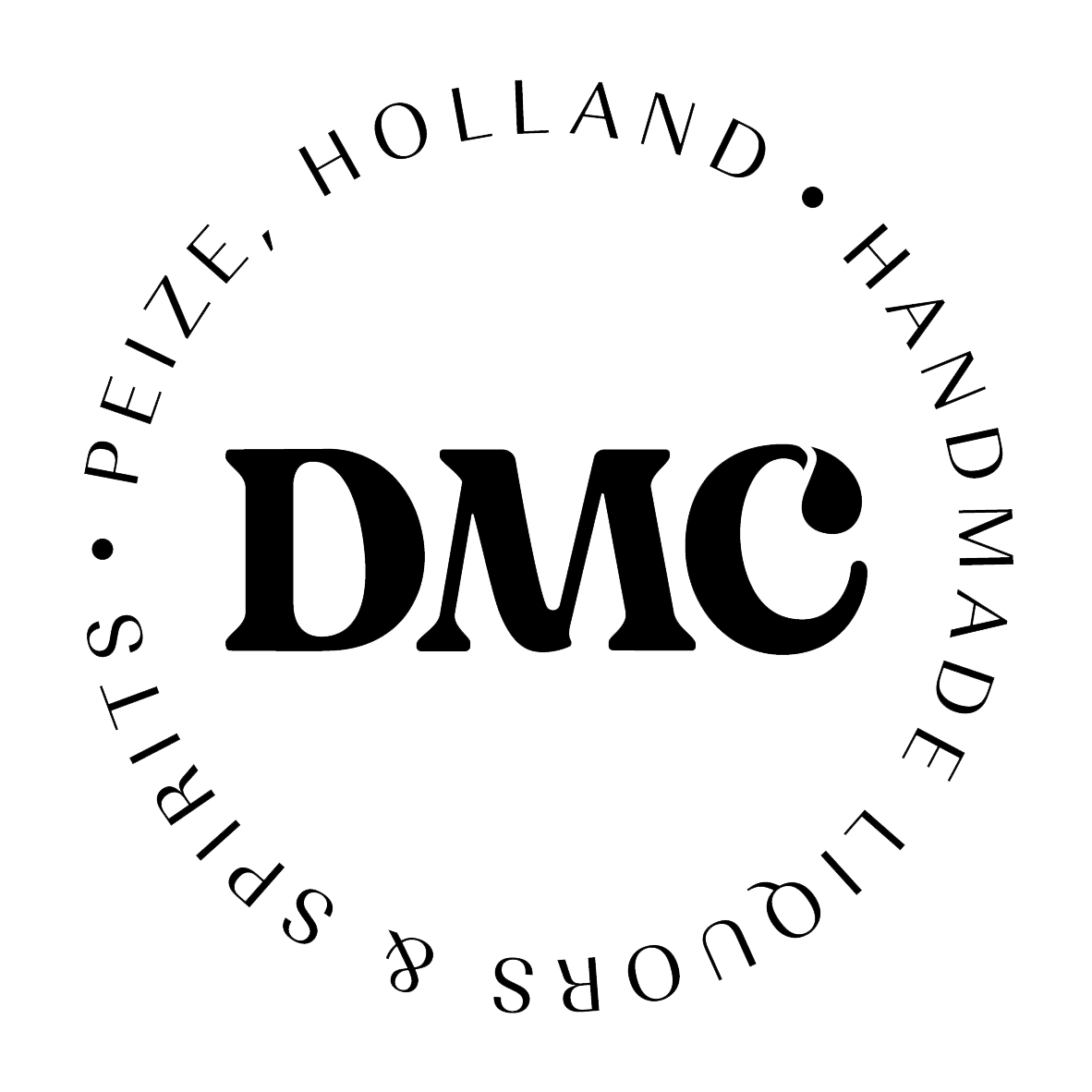Contents:


To join the ranks of public accountants, the minimum education is a bachelor’s degree in accounting. While a bachelor’s degree will get you in the door, becoming a Certified Public Accountant is essential to advancing in this sector. Accountants earn their CPA license from a state board, which sets standards for education and experience.
From the smallest start-up to the largest government agency, every business or organization requires the skills of a CPA. To a potential employer it means high ethical standards as well as measurable experience, education, and skills. According to February 2022 PayScale data, CPAs earn an average annual salary of $69,955. Factors influencing CPA income potential include location, industry, experience, and education level.
- More recently, Nicki has worked developing content for online courses, tutoring students, and as a consultant in finance.
- Those who do auditing for public companies must first meet specific requirements and register with the Public Company Accounting Oversight Board.
- However, a private accountant’s knowledge may be confined to certain areas of accounting exclusively, depending on the nature and extent of the work.
- However, some states such as Colorado and Oregon also accept work experience certified by a Chartered Accountant.
- Public and private accounting can be seen as “external” accountants and “internal” accountants of a company, respectively.
The expertise could be in preparing financials, auditing reports, tax calculations, or consulting on material transactions. The role of a public accountant and the public accounting firm is to act independently from their client and provide a service or advice. A public accountant provides expertise to a firm they cannot or do not want to employ in their own staff. Many accountants start out in public accounting after they finish their education as this is a good way to gain experience.
Nationwide, the number of accounting jobs is expected to increase by 4 percent. This is expected to result in the net addition of nearly 61,700 new accounting jobs. As an overall proportion of the accounting workforce, some of the highest numbers of accountants work in enterprise management positions, state and local government, and for real estate firms.
What is Private Accounting?
From an organization’s perspective too, availing public accounting services is worth it. This is because there is an assurance that the financial tasks will be completed on time and in accordance with the legal requirements. Financial StatementsFinancial statements are written reports prepared by a company’s management to present the company’s financial affairs over a given period . Some accountants will appreciate this atmosphere, while others may look for faster-paced environments. These are some of the pros and cons to consider if you want to pursue private accounting. Private accountants work with internal business or financial managers to plan their company’s cost of doing business and to evaluate fiscal performance.
- Along with attorneys and Enrolled Agents, CPAs may represent taxpayers in matters before the Internal Revenue Service .
- Management, investors, shareholders, financiers, government, and regulatory agencies rely on financial reports for decision-making.
- The U.S. Bureau of Labor Statistics projected 16 percent job growth for accountants and auditors between 2010 and 2020, with especially strong opportunities for CPAs and auditors.
- In Canada, “CPA” is an initialism for Chartered Professional Accountant.
- Large public companies enlist the help of CPA firms annually in order to provide the SEC with audited financial statements and the IRS with their corporate tax return.
Clients and co-workers will present you with issues and questions you will need to interpret and respond to quickly. The ability to show empathy and sensitivity to their situations will position you in a favorable light and earn their respect and trust. Personal skills – Accounting is a service activity, and you will have to work well in teams as well as in one-on-one situations. Critical to any organization’s success is the ability to lead, motivate and empower teams to attain clear, concrete, timely and measurable results.
Accounting vs. Auditing
If you’re looking for a career path that doesn’t require earning a CPA license, private accounting is the right path for you. According to EMSI, in 2021 there were 170,481 job postings for accountants and auditors with a bachelor’s degree and no CPA license. Expected salaries for accountants without a CPA are heavily influenced by years of experience.
Meranda Wacek joins Conway, Deuth & Schmiesing – West Central Tribune
Meranda Wacek joins Conway, Deuth & Schmiesing.
Posted: Fri, 21 Apr 2023 16:33:58 GMT [source]
The education requirement normally must be fulfilled as part of the eligibility criteria to sit for the Uniform CPA Exam. Some states have a two-tier system whereby an individual would first become certified—usually by passing the Uniform CPA Exam. That individual would then later be eligible to be licensed once a certain amount of work experience is accomplished. Other states have a one-tier system whereby an individual would be certified and licensed at the same time when both the CPA exam is passed and the work experience requirement has been met. Specifically, the Regulation section of the CPA exam saw changes in 2017.
There are tax, audit, financial, and managerial tests involved in becoming a CPA. Private and public accountants alike can benefit from being a CPA, as it usually helps you stand out from other candidates for jobs. Being a CPA may also help increase your average salary level, give you opportunities for other positions, and more. A bachelor’s degree is a critical first step to a future in either one of these branches of accounting. No business functions without getting involved in monetary transactions; and in order to keep track of the transactions for analysis, they indulge in maintaining a record of it. It won’t be wrong to say that no business can survive without maintaining the accounts.
Given the nature of work, a public accountant might be required to travel to the site of the client’s location and work for long hours to meet tight deadlines. On the other hand, the work of a private accountant is relatively stable, with very little to no travel and regular hours. Type Of AccountingThere are different types of the accounting which an organization can follow as per the scope of its work and need of stakeholders. Some of them include financial accounting, forensic accounting, accounting information system, managerial accounting, taxation, auditing, cost accounting, etc. The Big FourBig Four refers to the top four accounting firms in the world that audit more than 80% of the US public companies.
Why You Can Trust Finance Strategists
Founded in 1902, Franklin is an accredited nonprofit university offering flexible college degrees online and at locations in Ohio and the Midwest. Let’s dive into what defines public vs. private accounting and the pros and cons of choosing to work in either sector. They can expect to work fairly regular hours in the comfort of the office their boss assigns to them.

Audit and attestation performed by a public accountant lends an element of trustworthiness to a company’s financial reports. A public accountant acts as an independent third party and works with various client companies to review and prepare financial documents that an individual or corporation is required to disclose to the public. They deal with a wide range of clientele, including individuals, businesses, and sometimes even the government. Many public accountants seek the certified public accountant designation as a way to expand their expertise and show their knowledge.
Accounting.com is committed to delivering content that is objective and actionable. To that end, we have built a network of industry professionals across higher education to review our content and ensure we are providing the most helpful information to our readers. In response, regulators passed the Sarbanes Oxley Act of 2002 which largely shapes the CPA-client relationships and auditing standards of today. CPA’s play an important role in giving confidence to investors to trust the financial statements they are analyzing.
It’s very common for accountants to pursue a job in public accounting at the outset, then transition into private accounting. This scenario can also be advantageous in terms of accelerating advancement. Often, public accountants will be promoted more quickly, which allows a public accountant to enter the private accounting field at a higher level than their private peers.
Questions About the CPA Job Description
Those who do auditing for public companies must first meet specific requirements and register with the Public Company Accounting Oversight Board. Such accountants or firm shall be entitled to rely upon any Opinion of Counsel as to the interpretation of any legal matters relating to this Indenture or certificates required to be provided hereunder. Graduates planning a career in accounting with a public accounting firm should also plan to meet the requirements to sit for the CPA examination as set forth by the Arkansas State Board of Public Accountancy. Additionally, public accountants are very busy during tax season, whereas private accountants are very busy at the end of a fiscal quarter. Similarly, private accountants need to be comfortable examining other departments of the same company. The primary skills for both include self-motivation, integrity, organizational skills, ability to manage deadlines, strong communication skills, and proficiency in new technology.
In general, state boards accept group live and group internet-based credits for all credit requirements, while some states cap the number of credits obtained through the self-study format. All CPAs are encouraged to periodically review their state requirements. As part of the CPE requirement, most states require their CPAs to take an ethics course at some frequency . AICPA guidelines grant licensees 1 hour of CPE credit for every 50 minutes of instruction.
Although the IRS regulates the practice of tax representation, it has no authority to regulate tax return preparers. The PCAOB submits an annual report, including audited financial statements, to the SEC required by the Sarbanes-Oxley Act. Information provided on Forbes Advisor is for educational purposes only. Your financial situation is unique and the products and services we review may not be right for your circumstances. We do not offer financial advice, advisory or brokerage services, nor do we recommend or advise individuals or to buy or sell particular stocks or securities. If you’re unable to find a trusted CPA this way, you can turn to the U.S.
Public accounting can be viewed as firms of accountants that serve clients such as businesses (retailers, manufacturers, service companies, etc.), individuals, nonprofit organizations, and governmental organizations. Public accounting refers to a business that provides accounting services to other firms. Public accountants provide accounting expertise, auditing, and tax services to their clients.
No one wants to be an accountant anymore, but a program aimed at high schoolers looks to fix the shortage – CNBC
No one wants to be an accountant anymore, but a program aimed at high schoolers looks to fix the shortage.
Posted: Mon, 17 Apr 2023 13:00:33 GMT [source]
Because of their knowledge of financial accounting and critical thinking skills, common career paths for CPAs include CPA Firm Partner, Controller, Chief Financial Officer, Consultant, Financial Analyst, and Forensic Accountant. Because of the difficulty that can sometimes arise from criticizing and evaluating other accountants’ work, the public accounting field isn’t for everyone. Private accountants, on the other hand, are trained in the processing of a variety of accounting transactions, such as accounts payable and billings. The knowledge of private accountants may be limited to the work they are responsible for. State laws vary widely regarding whether a non-CPA is even allowed to use the title “accountant”. Public vs Private accounting is the two significant parts of the Accounting framework of the entities, and both require diligence, expertise, and resources to carry out their work efficiently.
what does mm mean accountants can be assigned as individuals or teams to each client, or there may be a different division of labor. Public accountants are trained to analyze accounting systems, collect evidence, and test whether a business is running effectively. A public accounting professional also must have a keen understanding of accounting standards for financial statements. If you work in public accounting, you will interact with a variety of clients and will generally be a licensed, certified public accountant .
Consulting services, which can involve financial planning services for individuals as well as business consultation services to help management design, develop and implement accounting systems and employee compensation packages. Public accountants may have greater opportunities for advancement, and they may arise sooner. They may also have more opportunities for diversity in their work, including meeting new people and the chance to work in a variety of industries. For instance, you might focus on an industry of particular interest, such as fashion or shopping. Both of these financial roles involve working with financial statements and doing audits.
Auditors ensure that the company’s procedures comply with applicable federal, state and local laws, as well as accepted practices. They refine the accounting process to minimize the risk of errors or deliberate misrepresentation and establish controls to detect problems that occur. Auditors also look for ways to improve accounting efficiency and reduce administrative overhead. A CPA’s job description varies by employer, but common duties include advising clients on financial matters, preparing and filing tax documents, and creating financial reports. CPAs can specialize in areas like forensic accounting, personal financial planning, and taxation.
Cons of Public Accounting
Additionally, they prepare the financial statements to ensure fair representation of the client companies’ results, financial position, and cash flows. The auditing of financial statements done by public accountants is key to giving confidence to users of the financial reports. Having a clear picture of financial performance is key for lenders and investors who provide funding to these companies. Vendors may also rely on accurate financials showing the financial health of a potential counterparty before entering into a business relationship. Public accounting firms are engaged in providing public accounting services to individuals, public and private companies, non-profit organizations, and so on. Deloitte, Ernst & Young, PricewaterhouseCoopers, and KPMG are the top PAFs operating globally.

If a public accounting firm is hired to audit the financial statements of a client, then independence rules restrict the ability of the firm to provide many of the other services just noted. For example, a firm cannot prepare the financial statements of a client and audit those statements. There are over 46,000 public accounting firms in the United States according to the AICPA. However, you can take it one step further and be an public accounting firm that is registered with the PCAOB. Only accounting firms that are registered with the PCAOB can perform audits of public companies that are required to issue financial statements with the Securities and Exchange Commissions (“SEC)”.
Governor Abbott Appoints Four To Texas State Board Of Public … – Office of the Texas Governor
Governor Abbott Appoints Four To Texas State Board Of Public ….
Posted: Wed, 05 Apr 2023 07:00:00 GMT [source]
If the work being performed is done to satisfy regulatory requirements for transparency, then this can be said to be public accounting. The external auditing services provided by public accounting firms are crucial to providing the investment community with an accurate picture of the financial viability of publicly traded companies. These companies issue quarterly and annual reports to inform the public of their financial status and prospects.



